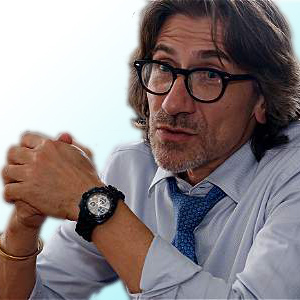
Jordi Raich Curcó, Head of ICRC Delegation for Somalia
The International Committee of the Red Cross (ICRC) can trace its role in health to the origins of the institution. The witnessing of dire battlefield carnage provided the first impulse to form the organization. Over the ensuing 150 years our work in health has expanded from direct care of those injured in battle to include war surgery, support to primary health care and specialist orthopedic and prosthetic centres in many countries around the world.
Ensuring quality healthcare is always a challenge and in Somalia this task is compounded by the constraints of instability, protracted armed conflict and recurrent climactic shocks. The need for easily accessible health facilities, specialized personnel and planning and management expertise are even more keenly felt given the general hardships communities face. This is a task beyond the means of any single actor and we benefit from a strong partnership with the Somali Red Crescent Society (SRCS) in fulfilling our role.
At the core of all of our work is the individual humanitarian gesture; this is epitomized and given literal embodiment by healthcare. The importance of this action in armed conflict is reflected in International Humanitarian Law (the Laws of Armed Conflict), which insists on the unconditional right to healthcare for injured individuals from all sides of a given conflict but also on the protection of health facilities and personnel. Violence against patients and health-care workers remains a critical yet overlooked humanitarian issue in Somalia and beyond.
These pages describe our various activities, which include material and training support to hospitals, SRCS primary health clinics and the supply of medical material for the treatment of those harmed in armed clashes. Perhaps the most daunting aspect of our work in health is the awareness of how much more remains to be done. The examples described are only a very small part of the required response. While the larger task can seem overwhelming, individual instances like a diligent intern, a committed mother or a steadfast hospital director hold the promise of less trying times ahead.


